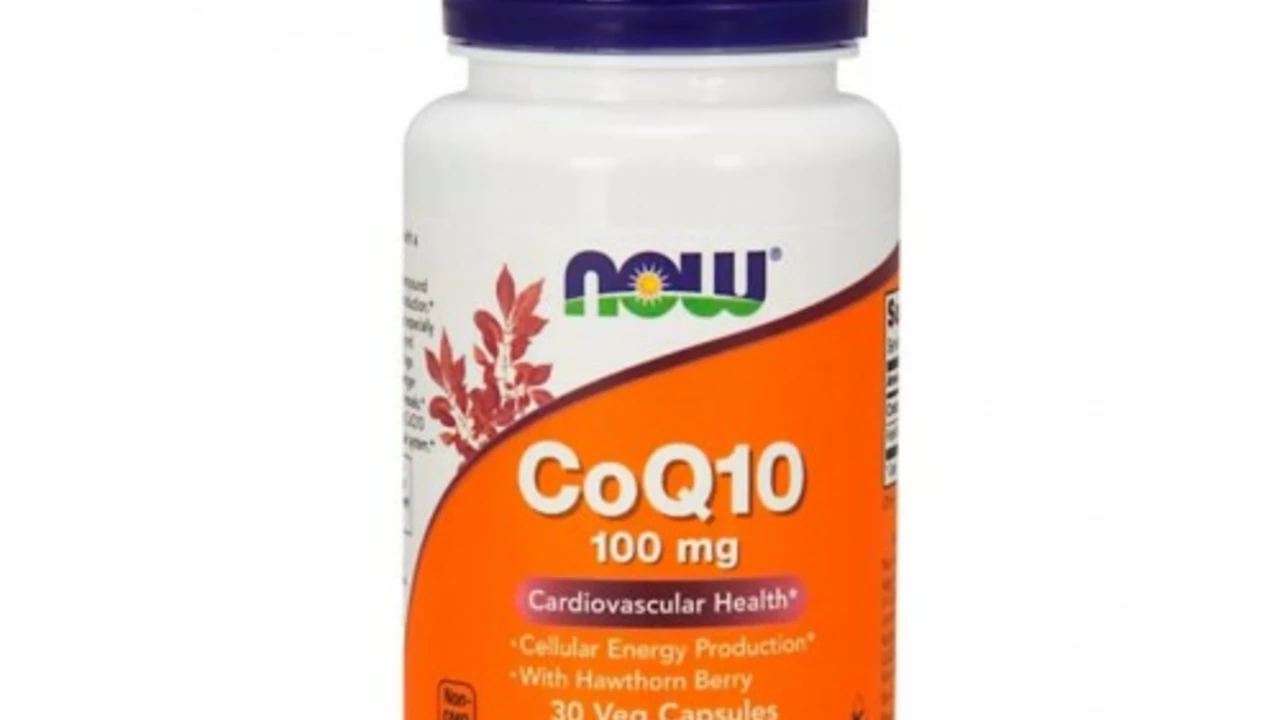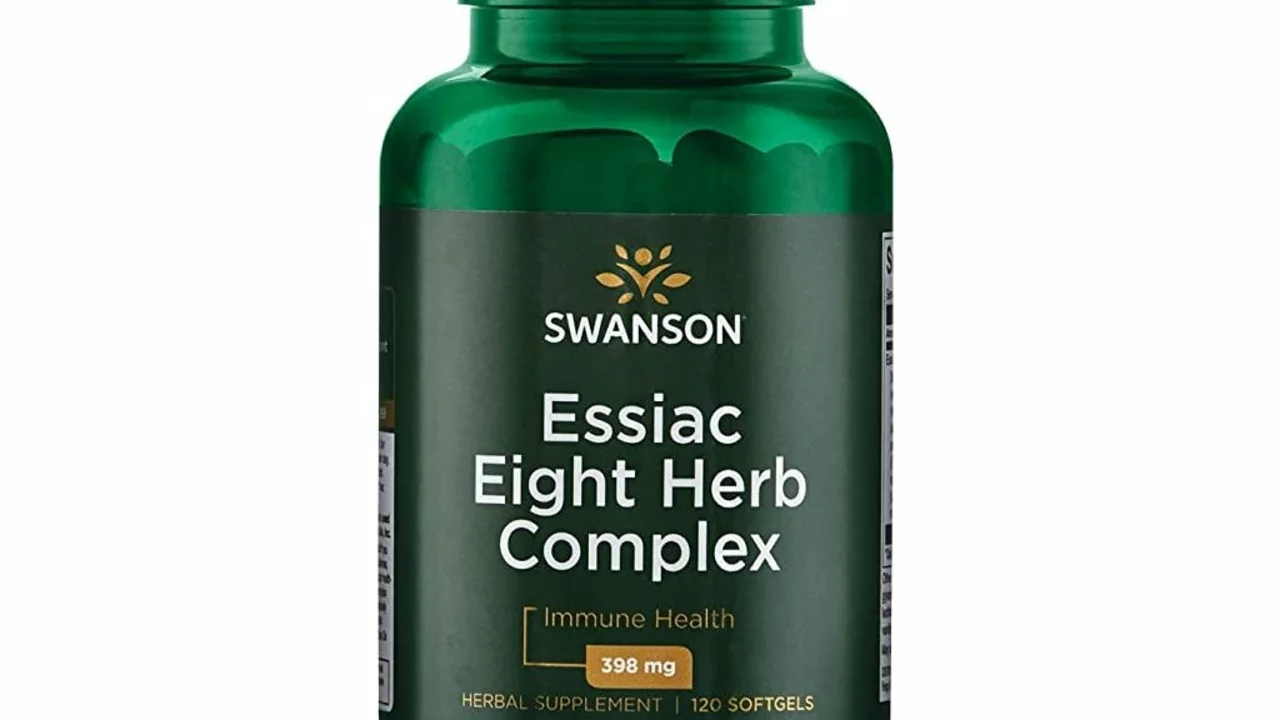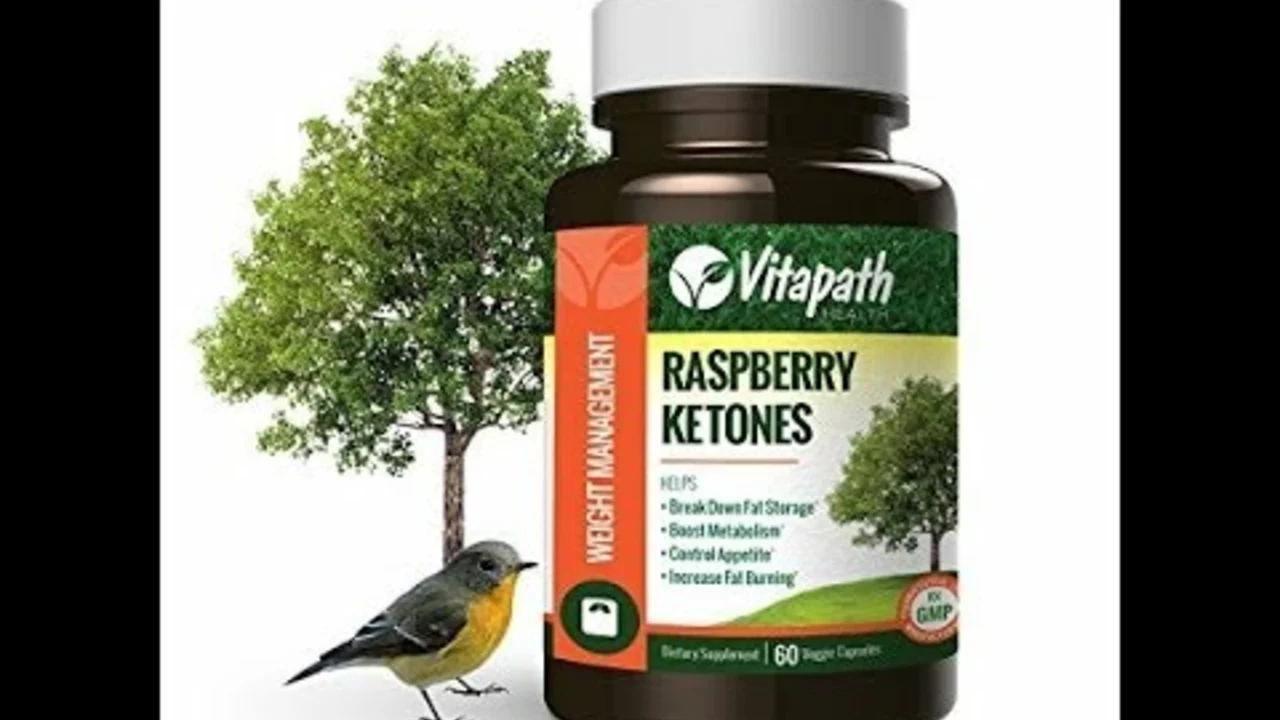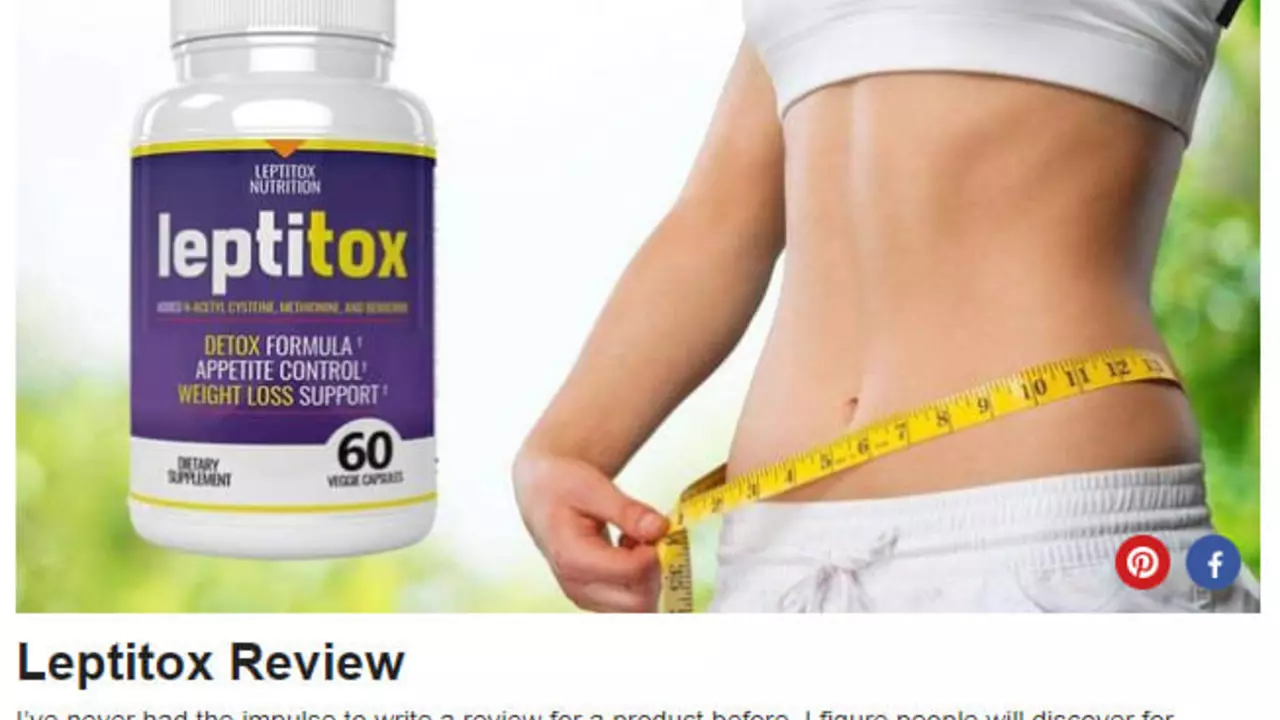Dietary Supplements: What They Are, How to Choose Them, and Where to Save
If you’ve ever wondered whether a pill or powder can boost your health, you’re not alone. Millions of people reach for dietary supplements every day hoping for better energy, stronger immunity, or clearer skin. The good news is that the right supplement can fill gaps in nutrition, but the wrong one can waste money and even cause problems. This guide shows you the basics, how to pick safe products, and where to snag coupons so your wallet stays happy.
Understanding Dietary Supplements
A dietary supplement is anything you take by mouth that adds vitamins, minerals, herbs, amino acids, or other nutrients to your diet. They come as tablets, capsules, powders, gummies, and even liquids. The key point is they’re meant to **supplement** what you eat—not replace meals. For example, a vitamin D capsule can help you hit the recommended amount if you don’t get enough sunlight.
Not all supplements are created equal. Some have strong scientific backing (like calcium for bone health), while others rely on shaky claims. The U.S. Food and Drug Administration (FDA) doesn’t approve them the way it does prescription drugs, so manufacturers can market them with fewer checks. That’s why you need to be a savvy shopper: check labels, look for third‑party testing, and read real user feedback.
How to Pick Safe, Effective Supplements & Get Discounts
Start by asking yourself three simple questions:
- Do I really need it? A blood test or a quick chat with your doctor can tell you if you’re missing something.
- Is the brand reputable? Look for seals from USP, NSF, or ConsumerLab. Those marks mean an independent lab checked the ingredients.
- What’s the dosage? Too little won’t help; too much can be harmful. Follow the label and avoid mega‑doses unless a professional says otherwise.
Once you’ve narrowed down a product, hunt for coupons. Websites like RxPharmacyCoupons.com collect discount codes from manufacturers and online pharmacies. Enter the supplement name in the search bar, and you’ll see active coupon offers—often 10‑30% off or free shipping deals. Stack a coupon with a pharmacy’s price‑match program for even bigger savings.
Don’t forget to compare prices across a few reputable online stores. Many sites list the same supplement at different costs because of bulk buying power. A quick price check can shave off dollars without compromising quality.
Finally, keep track of how you feel after starting a new supplement. Write down any changes in energy, digestion, or mood for a week or two. If something feels off, stop and talk to your healthcare provider. Your body will give the best clues about whether a product works for you.
By understanding what dietary supplements are, checking safety markers, and using coupon resources, you can make informed choices that support your health without breaking the bank. Happy supplement hunting!






